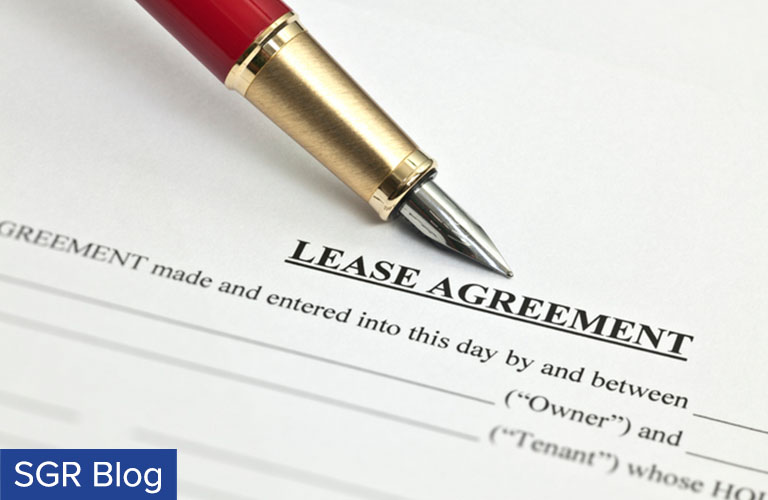
Many tenants think renewing a commercial lease or exercising a pre-existing and pre-negotiated option to expand or extend is an easy process that can be handled without the involvement of a lawyer. It’s not. Oftentimes a landlord is more willing to give legal or financial benefits to a new tenant and not offer these same benefits to an existing tenant. An existing tenant often feels that they have been a “good” tenant (i.e., paying on time, not making complaints, etc.) and that the landlord will take this into account and offer them the same incentives it would offer to a new tenant. A landlord is aware that finding a new lease premises, paying a lawyer to negotiate a new lease at a new location, and moving causes great disruption to the tenant’s business. Given this, landlords know that tenants will often take the path of least resistance and accept from the landlord a lease amendment that mostly reflects the extension of the lease term or taking over additional lease space in an expansion but does not give you the deal you should be getting, which is one that’s the same or better than a new tenant moving in.
A landlord is in the real estate business and is well aware of the market and the cost and incentives offered by other landlords in the vicinity of its property. Signing a lease is usually a once or twice occasion for a tenant who is focused on running its business. If a tenant has a pre-negotiated option to renew its lease premises, it may or may not be to the tenant’s benefit to exercise that option. If the renewal option states a specific rental rate and it is better than what is available in the market, then the tenant should exercise that option. However, if a tenant entered into his or her lease in a market favorable to tenants, the price per square foot may have dropped during their initial lease term. Many leases call for the rent to be at fair market value, which is determined by a process set forth in more detail in the lease. If a tenant’s lease provides for renewal rent at fair market value, it is best to start negotiating the lease renewal well in advance of your lease expiration and hire qualified professionals (a commercial broker in the vicinity of your building and a lawyer) to help you determine the fair market value.
If your lease premises has become dated for your current use of the premises, a new landlord may be willing to include all or most of the cost of your new tenant improvements in the new lease – a benefit which may not be included in your renewal option. If your option has a fixed renewal and you are confident that the deal you have represents the best deal available in the market, and your lease space is configurated to meet your current business needs, you may be able to just exercise your option and not be concerned with the issues raised above. But most of the time this isn’t the case, and paying a broker and a lawyer will save you money in the long run.
Are you an existing tenant considering renewing your commercial lease? If so, have you spoken to a lawyer about trying to negotiate better renewal terms?

